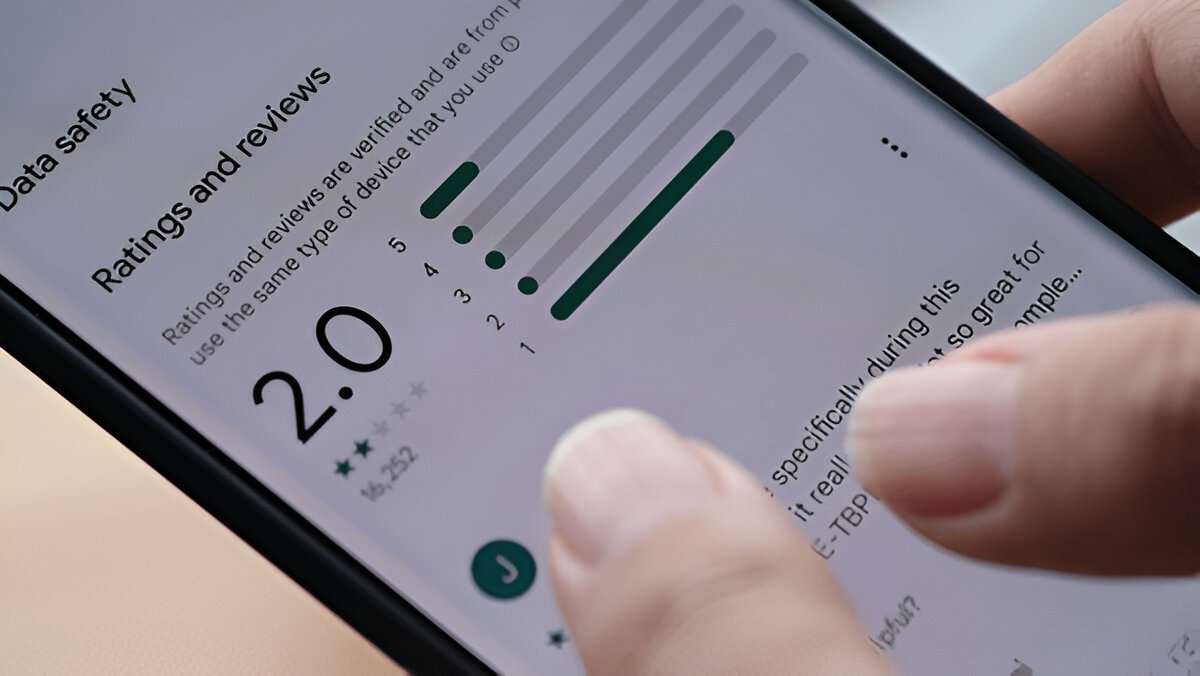As technology continues to evolve, so does how we consume entertainment and stay connected. TV and internet bundles, once considered the go-to choice for most households, are now facing disruption from streaming services and fibre-optic internet. However, that doesn’t mean the end of traditional bundles. The future of TV internet deals is likely shaped by convenience, innovation, and changing consumer demands. So, what can we expect in the coming years?
The Shift Towards Streaming and Online Platforms
Streaming platforms like Netflix, Disney+, and Amazon Prime Video have transformed how people watch TV. Over the past few years, streaming has overtaken traditional cable and satellite TV, offering content at a lower cost and greater flexibility. This shift will likely continue, as more consumers opt for internet-based services over traditional TV channels.
The old cable model may evolve into a more hybrid model for service providers offering TV and internet deals. Rather than focusing solely on traditional TV channels, providers must adapt by including streaming services as part of their bundles. We may see more TV and internet bundles with various streaming platforms to offer comprehensive entertainment packages.
Enhanced Internet Speeds and Fibre-Optic Networks
The backbone of any TV internet deals is the internet speed. Service providers are stepping up as consumers demand faster internet for streaming, gaming, and remote work. The expansion of fibre-optic networks promises lightning-fast internet speeds, opening the door to more robust TV and internet packages.
Fibre-optic internet offers superior speeds and better reliability. As the demand for ultra-fast speeds grows, more providers are expected to provide fibre-optic bundles. This shift will improve the overall quality of your entertainment experience, from smooth HD streaming to lag-free online gaming.
More Personalisation in Bundles
Gone are the days when TV and internet bundles were one-size-fits-all. In the future, TV internet deals will become much more personalised to cater to each household’s specific needs. With the rise of data analytics and artificial intelligence, service providers can offer tailored bundles based on viewing habits, internet usage, and even the time of day.
Imagine receiving a customised package with your favourite streaming services, tailored internet speeds, and special offers based on your preferences. This personalised approach will allow consumers to pay only for the services they use, rather than for unnecessary add-ons they’ll never watch or use.
Integration of Smart Home Technology
The line between entertainment and smart home technology blurs as the world becomes more connected. Many households already have smart devices like thermostats, speakers, and lighting systems controlled by their phones or voice assistants. The future of TV internet deals will likely include bundles that integrate seamlessly with your smart home ecosystem.
Imagine controlling your TV, internet, and other smart devices with just one service provider. Some TV and internet bundles may soon offer smart home features, allowing you to manage everything from entertainment to home security through a single platform. This integration could make managing your home network simpler and more efficient.
Increased Focus on Mobile Accessibility
Mobile streaming has grown significantly in recent years, with more people watching TV shows, movies, and sports on their smartphones and tablets. As 5G technology becomes more widespread, this trend will only accelerate. Providers offering TV and internet deals must accommodate mobile users by providing flexible packages that work seamlessly across various devices.
In the future, your TV and internet package will likely include mobile access as standard. Whether you watch your smart TV, stream a movie on your tablet, or use your phone as a hotspot, these services will be interconnected and optimised for your on-the-go lifestyle.
Changes in Pricing Models
Expect significant pricing model changes as competition in the TV and internet market grows. The traditional pricing structure, where customers are locked into long-term contracts, may start to phase out. Instead, providers will likely offer more flexible, month-to-month TV and internet deals that allow consumers to switch providers or upgrade services without being penalised.
The future of pricing may also see more tiered plans based on usage rather than a flat rate for all. For instance, consumers who only stream in standard definition or those who don’t use the internet for heavy activities like gaming could pay less. At the same time, users who need high-speed internet or access to multiple premium streaming services can upgrade their plans to suit their needs.
The Rise of 8K Content and Virtual Reality
As technology continues to improve, so does the quality of content. 8K resolution is already starting to make waves, and virtual reality (VR) is quickly becoming a popular medium for entertainment. As these technologies become more mainstream, TV internet deals must evolve to support higher data demands and the immersive experiences these technologies provide.
For instance, streaming 8K content will require massive bandwidth, and VR will need even faster internet speeds to function properly. In the future, service providers may offer specialised bundles for high-quality video streaming or VR gaming, catering to these next-generation technologies.
Conclusion
The future of TV internet deals is bright, dynamic, and full of possibilities. We can expect to see more integration of streaming services, faster internet speeds, and personalisation that caters to individual viewing habits. As technology evolves, service providers will adapt by offering more flexible and innovative packages, making finding the perfect bundle that fits your lifestyle easier. Whether you’re a casual viewer or a tech enthusiast, the future of TV and internet bundles is sure to provide an enhanced entertainment experience for everyone.


